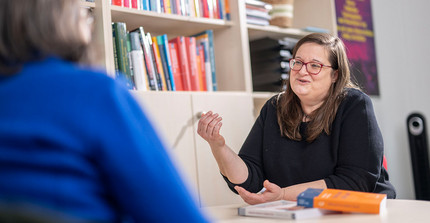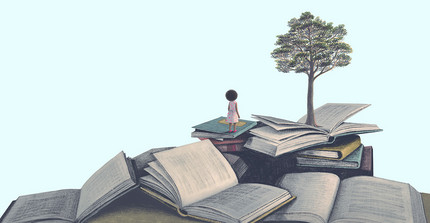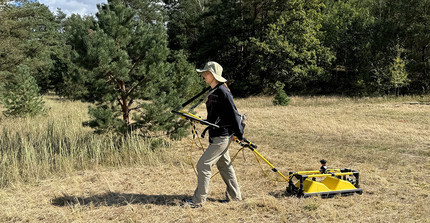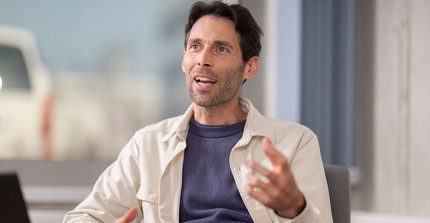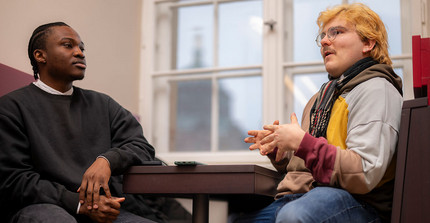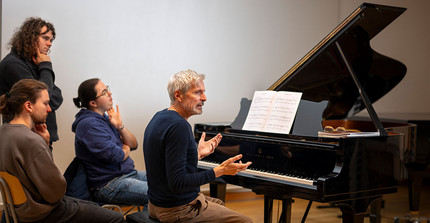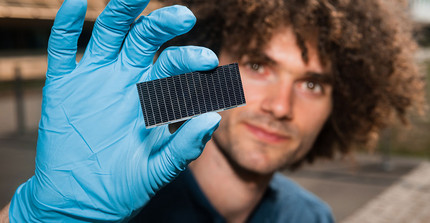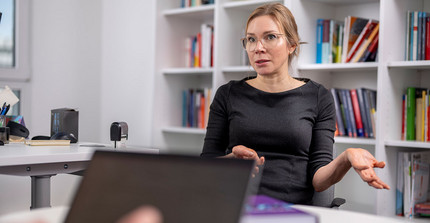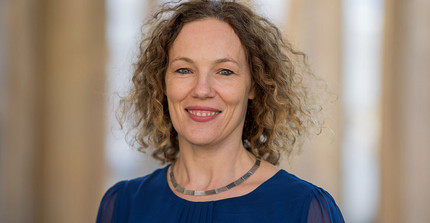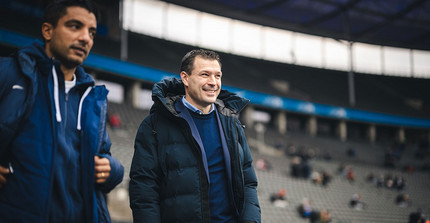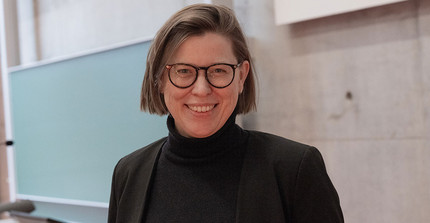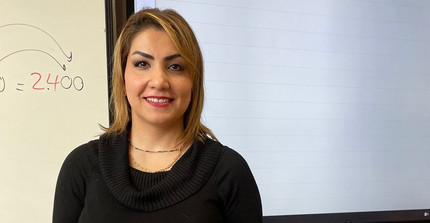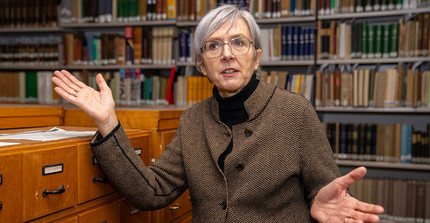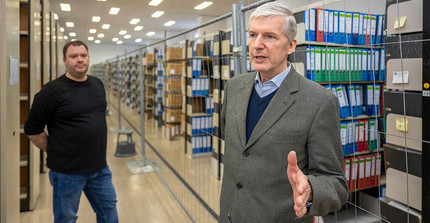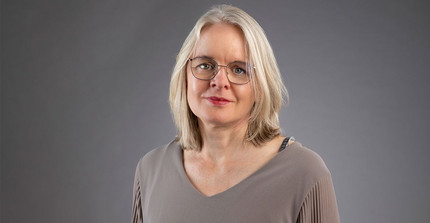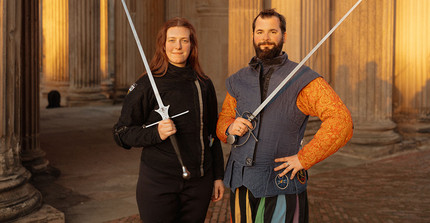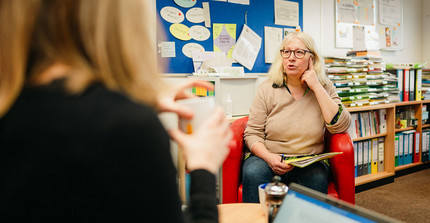Dear readers,
You may think that children experience the world in a very different way from adults. They notice details that we would never have discovered – but they seem to lack a sense of the overall picture. Why should they get ready for school just as they are pretending that the apartment is a castle and the storage closet a dungeon with a hidden treasure? They dawdle when adults are in a hurry but dash off on a busy road. They experience an object with all their senses, even if that means licking a snowball or letting a snail crawl over their hands. They love toys that are shiny, colorful, and noisy. Children laugh 400 times a day on average, while adults only manage to laugh 20 times.
Does childhood have value in itself, or is it merely a phase that serves as preparation for later life? Are children simply adults in the making? Or are they perhaps capable of things that we have forgotten? Are children entitled to have a say in our world, or is their legal incapacity justified? Is childhood the much heralded lost paradise? We can look at this phase of life between birth and the onset of puberty from different perspectives. As a matter of fact, however, most of us change so much in the course of adolescence that it is no longer easy for us to relate to this world that has become alien to us.
Free play, imagination, curiosity, the pleasure of learning, and intense emotions such as joy or anger, as well as feelings of lightheartedness and timelessness, make childhood special – if not irretrievable. Through our contact with children, we can learn a lot about feelings, including our own, and we are called upon to take a stance, make decisions, and assume responsibility. What was it like being a child? How does it feel to grow up in our time, and what will the lives of today’s children look like in 20 or 30 years? Children can bring back memories of our past, but their future will unfold, at least in part, without us. With them, we are in the here and now.
In this issue of the university magazine, we let scientists who study childhood share their insights. Whether in psychology, parenting, politics, language, education, literature, or sports, they discuss from different perspectives what children need to thrive, what their freedoms and rights are, and how we can protect them in an increasingly complex world.
Dr. Jana Scholz





